As environmental regulations become tighter worldwide, a burning question has been raised: will diesel motorhomes be banned? Once seen as the workhorses of the recreational vehicle industry, diesel motorhomes have begun to face increased scrutiny due to their higher emissions levels. This article will explore the potential implications of such a ban, analyzing the impact that it could have on both RV enthusiasts and industry professionals.
Table of Contents
Benefits and drawbacks of Diesel Motorhomes
Diesel motorhomes are popular with RV owners due to their fuel efficiency, durability, and reliability. Diesel engines provide a long life of service, running up to 400,000 miles or more before needing major maintenance. The higher compression ratio of diesel fuels also means that these motorhomes can get significantly better mileage compared to gasoline-powered vehicles.
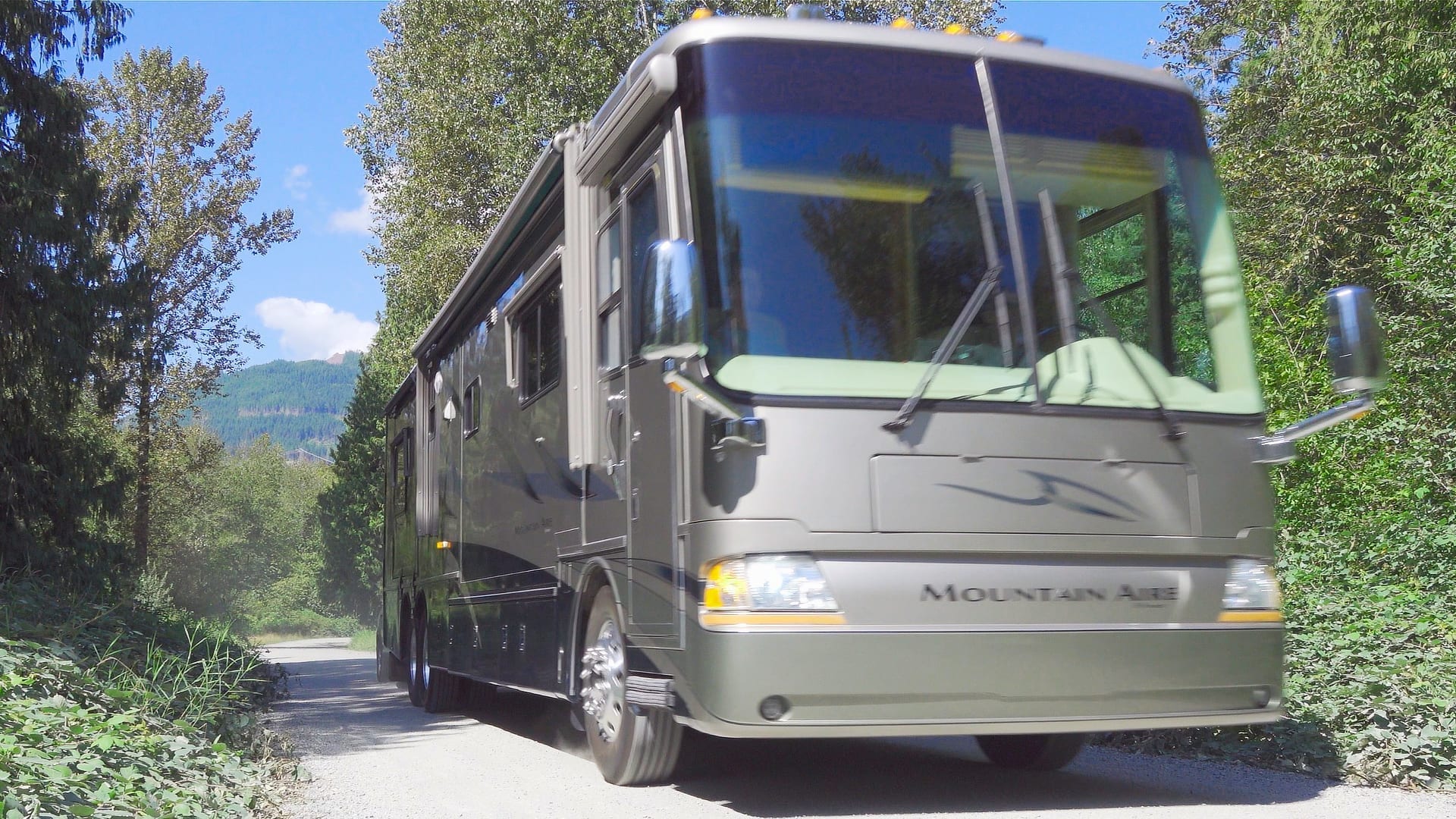
The downside is that diesel engines tend to produce more pollution than their gasoline counterparts. Diesel-powered vehicles emit higher levels of nitrous oxide (NOx) and particulate matter (PM). These pollutants have been linked to a variety of health issues, including respiratory disorders and cardiovascular illness. In addition, diesel-powered motorhomes can be louder and more uncomfortable than gasoline-powered models.
Why can Diesel Motorhomes be Banned?
Reduced Greenhouse Gasses
One of the main reasons why diesel motorhomes are being banned is the fact that they produce significantly more greenhouse gas emissions than gasoline-powered vehicles. This means that diesel motorhomes contribute to global warming, which can substantially damage our planet’s environment and ecosystems. In order to reduce these emissions, some countries have decided to implement a ban on certain types of diesel-powered vehicles. This ban is meant to reduce the amount of carbon dioxide and other harmful gasses being released into the atmosphere.
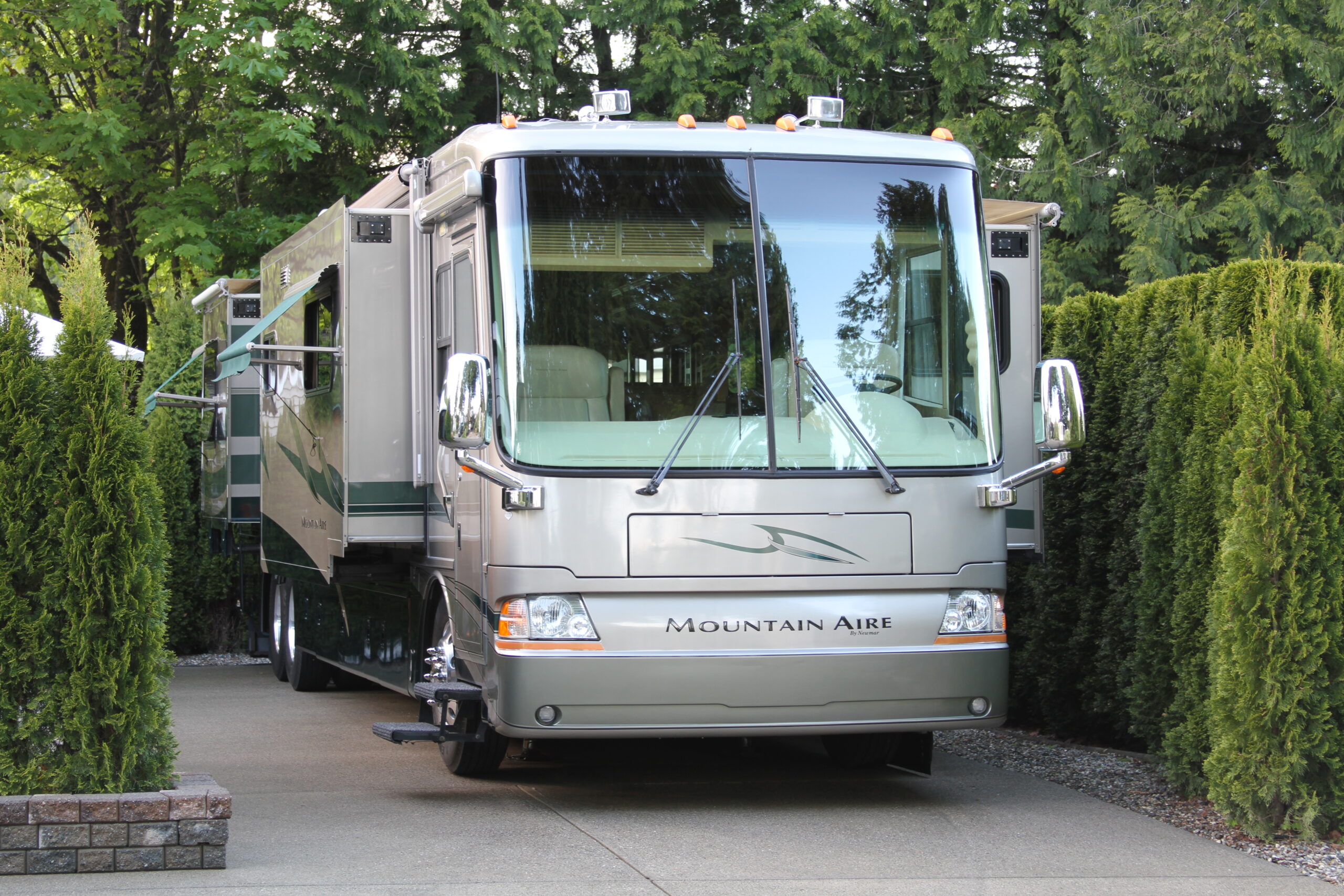
Noise Pollution
Another reason why diesel motorhomes are banned is because they create excessive noise pollution. Diesel engines produce a much louder sound than gasoline-powered vehicles, which can be very disruptive in residential areas. This can lead to a decrease in quality of life for anyone living nearby, as well as an overall decrease in air and noise quality.
Climate Change
In addition to reducing greenhouse gas emissions, banning diesel motorhomes can also help combat climate change. Diesel engines produce a large amount of carbon dioxide which warms the earth. By banning these vehicles, governments can reduce their contribution to overall global warming. This is an important step in helping to preserve our planet’s environment and ecosystems for future generations.
Health Issues
Diesel motorhomes are banned to help protect public health. The emissions from diesel engines have been linked to numerous health problems such as respiratory issues, heart disease, and cancer. By banning these vehicles, governments can reduce the amount of air pollution and consequently improve the overall health of their citizens.
Gradual Transition to EVs
The bans on diesel motorhomes are also intended to encourage a gradual transition away from fossil fuels and towards electric vehicles. By removing diesel vehicles from the roads, governments can create an environment that is conducive to the development of electric vehicle technology. This will help promote a cleaner and greener future for our planet.
Expensive Technology
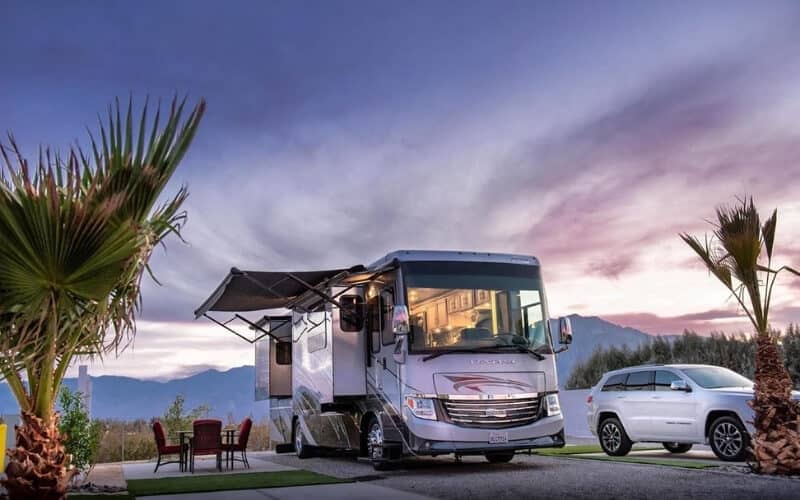
The technology required to make diesel-powered motorhomes meet the increasingly stringent emissions standards is expensive. This makes it difficult for manufacturers to keep up with the ever-changing regulations, and thus they are often forced to abandon production of diesel vehicles.
Poor Infrastructure
The infrastructure required to support electric vehicles is still in its early stages. This means that it can be difficult for drivers of electric vehicles to find charging stations, and even more difficult for travelers in diesel motorhomes. By banning these vehicles, governments can encourage the development of a better infrastructure that supports electric vehicles. This will help make traveling easier for those who rely on electric vehicles.
Loss to the Diesel Market
The ban on diesel motorhomes has not been met without protests from those who are employed in the diesel market. With the increasing popularity of electric vehicles, demand for diesel-powered motorhomes is decreasing rapidly. This means that many people who make their living through this industry will be negatively affected by the ban. While this can be hard to accept, it is important to remember that the long-term environmental and health benefits are worth the short-term losses [1].
What Can Be Done Instead?
Fortunately, there are alternatives to diesel motorhomes that can help reduce emissions and create a greener future for our planet. One option is to switch to electric vehicles, which produce far fewer emissions than their diesel counterparts. Additionally, governments can encourage the development of charging infrastructure to make owning an electric vehicle easier and more convenient. This will help make electric vehicles more accessible, and therefore more attractive, to potential customers.
Finally, governments can provide incentives for manufacturers of electric vehicles to encourage further innovation in this field. This could mean providing tax breaks or subsidies for those who produce these vehicles, as well as investing in research and development of new technologies. These measures will help make electric vehicles more affordable and accessible to a larger number of people, thus reducing the impact of diesel motorhomes on the environment.
Overall, banning diesel motorhomes is a necessary step to reduce emissions and combat climate change. While it can be difficult for those employed in this industry, it is important to remember that this is only one part of a larger effort toward creating a greener future. By transitioning to electric vehicles and encouraging the development of better infrastructure, people can make a positive impact on the planet. With everyone’s help, all people can create a healthier and more sustainable world for future generations.
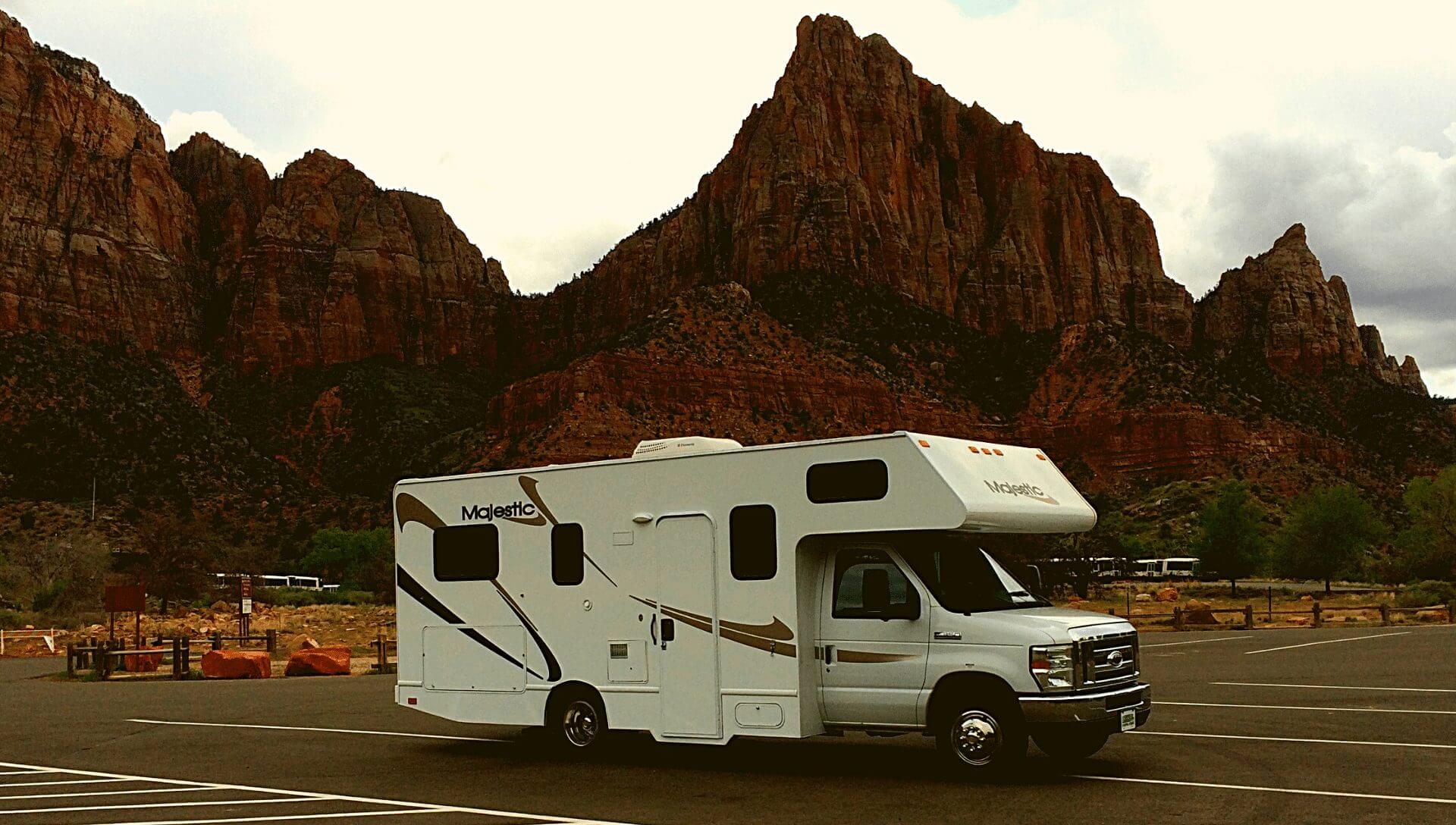
The Future of Diesel Motorhomes
As the trend towards stricter environmental regulation continues, diesel motorhomes will likely face even tougher restrictions. While some countries may outright ban these types of vehicles, others may introduce tax incentives to encourage people to switch to cleaner models. It is also possible that more manufacturers will begin producing electric models, making them more accessible and affordable. Whatever the case may be, it is clear that the diesel motorhome industry will continue to evolve as governments seek to reduce emissions and promote a greener future.
In addition to the regulations imposed by governments, several initiatives can be taken on an individual level. By purchasing an electric or hybrid motorhome, drivers can reduce their own carbon footprint and contribute to a healthier environment. Additionally, finding ways to use less fuel and conserve energy while on the road is another way that individuals can make a positive impact.
Ultimately, banning diesel motorhomes is an important step in reducing emissions and combatting climate change. Governments have a responsibility to protect their citizens by introducing policies that ensure a greener future. Individuals, too, can make a difference by doing their part to conserve energy and reduce their own carbon footprint. With everyone’s help, we can create a healthier and more sustainable world for the generations to come.
Will Certain States Have Diesel Motorhome Bans?
In recent years, many states have implemented bans on diesel vehicles in some form or another. The main reason for these bans is the fact that diesel engines produce more pollution than their gasoline counterparts. This has led to environmental concerns and calls for stricter emission standards nationwide.
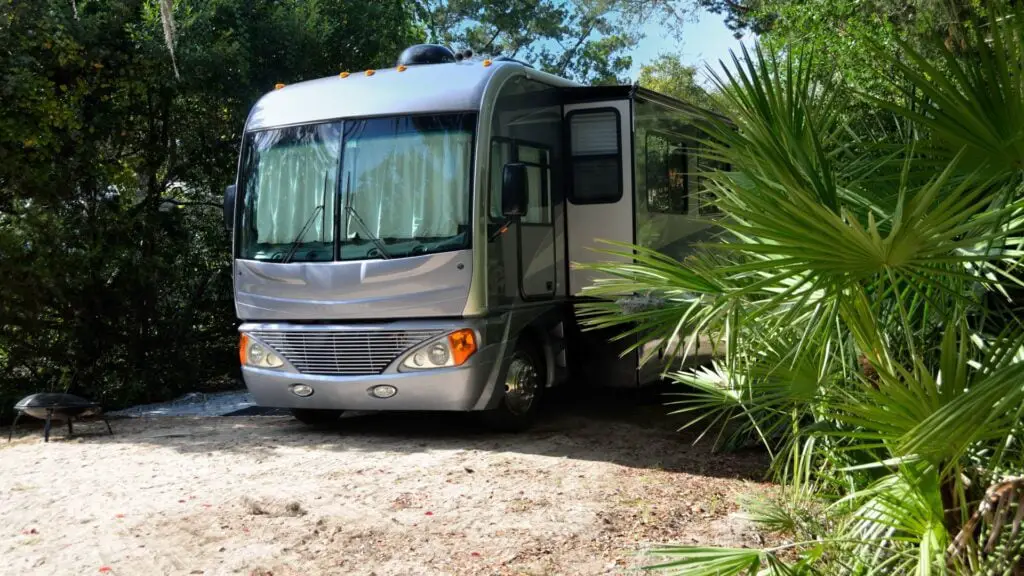
However, it’s important to note that these bans usually don’t apply to all diesel-powered vehicles. For example, many states allow diesel motorhomes to remain exempt from these bans because they are used primarily for recreational purposes. This means that if you own a diesel motorhome and want to travel throughout the United States, you likely won’t have to worry about running afoul of emissions regulations in any state.
That said, it’s still important to keep an eye on any new regulations that may be enacted in the future. States are always looking for ways to reduce emissions and improve air quality, so diesel motorhome owners should stay informed of any potential changes that could affect them.
Another thing to consider is that some states have begun enacting stricter regulations on certain types of diesel vehicles. For example, some states have implemented bans on diesel trucks and buses in certain regions due to the fact that they produce significantly more emissions than other vehicles. It’s important to check with your state’s Department of Transportation or Environmental Protection Agency to see if any of these regulations apply to you before driving your diesel motorhome across state lines.
Finally, although diesel motorhomes are generally exempt from emissions regulations, it’s still a good idea to consider other options for reducing your vehicle’s environmental impact. For instance, you could look into using biodiesel or upgrading the engine of your motorhome to make it more fuel-efficient. Doing so can help reduce your emissions and ensure that you’re doing your part to protect the environment.
FAQ
Is diesel being banned in the US?
No, diesel is not being banned in the US. The Environmental Protection Agency (EPA) sets standards for pollutants emitted by vehicle engines and has recently adopted new rules that include tougher requirements on light-duty diesel vehicles. These rules are designed to reduce emissions from diesel cars, vans, and pickups but do not ban them outright. In fact, many of the new rules are expected to encourage more efficient diesel vehicles and cleaner burning fuels. The new rules will be phased in over the next few years, so it is unlikely that you’ll see a complete ban on diesel in the near future.
What is done to reduce fuel emissions from diesel engines?
The EPA has implemented several measures to reduce pollutants emitted by diesel engines. These measures include stricter standards for engine design, more stringent testing requirements, and the use of advanced exhaust emissions control systems. Improved fuel quality, such as ultra-low sulfur diesel (ULSD) is also helping to reduce emissions from diesel vehicles. Additionally, many cities are now adopting low-emission zones that prohibit or restrict the operation of older diesel vehicles in certain areas to reduce air pollution.
What are the benefits of diesel engines?
Diesel engines offer several advantages over gasoline engines, including greater fuel efficiency and increased torque at lower RPMs. Diesel vehicles also typically have a longer lifespan than their gasoline counterparts and require less frequent maintenance. Furthermore, diesel engines can run on renewable fuels such as biodiesel or vegetable oil, which are more environmentally friendly than traditional diesel fuels.
Where can I find information about new diesel emissions regulations?
The EPA maintains a website dedicated to providing information on diesel emissions standards and regulations. The site provides detailed information on the latest rules and regulations, as well as resources for vehicle owners and manufacturers. Additionally, many states have their own regulations and requirements for diesel vehicles, so it is important to check with your local or state government for the most up-to-date information.
Are there any alternatives to diesel engines?
Yes, there are several alternative options to conventional diesel engines. These include electric vehicles, hydrogen fuel cells, natural gas-powered engines, and hybrid vehicles. While many of these alternatives are more expensive upfront, they can often provide cost savings, in the long run, thanks to reduced fuel costs and lower maintenance costs. Furthermore, electric cars have zero emissions and can help reduce air pollution in cities.
How long will a diesel motorhome last?
The life expectancy of a diesel motorhome can vary greatly depending on the make, model, and maintenance level. Generally speaking, higher-end models and those that have been well-maintained should last around 10 to 15 years before needing major repairs or replacements. However, some lower-end models may only last five to seven years. Regular maintenance is key to ensuring your motorhome lasts as long as possible.
What type of oil should I use in my diesel engine?
The type of oil you should use in your diesel engine depends on the vehicle’s make and model. Check your vehicle’s owner’s manual for the recommended type and weight of oil to use. Generally, a fully synthetic blend is best for most vehicles, as it provides the best protection against wear and tear. You should also change your oil regularly to ensure your engine is running properly and efficiently.
Are diesel emissions dangerous to humans?
Yes, diesel emissions can be dangerous to humans if they are inhaled over long periods. Diesel exhaust contains particulate matter that can cause health problems such as respiratory and cardiovascular diseases. Additionally, long-term exposure to diesel exhaust has been linked to an increased risk of developing certain types of cancer. It is important to avoid prolonged exposure to diesel fumes whenever possible.
What can I do to reduce my car’s emissions?
There are several things you can do to reduce your vehicle’s emissions. Make sure to keep your vehicle well-maintained and follow the manufacturer’s service recommendations. Also, consider using renewable fuels such as biodiesel or vegetable oil whenever possible. Finally, driving at a constant speed and avoiding rapid acceleration can also help reduce emissions.
Can I convert my diesel engine to run on electricity?
Yes, it is possible to convert a diesel engine to run on electricity. However, this is not a simple task and requires specialized expertise and equipment. If you are interested in the conversion process, it is best to consult with an expert in the field or get professional help from a qualified technician.
Are there any tax incentives for purchasing a new diesel vehicle?
Yes, there are several federal and state tax incentives available for purchasing a new diesel vehicle. These incentives can range from credits to discounts on taxes. The specifics of the incentives vary by state, so it is important to check with your local government or tax professional for more information. Additionally, many automakers offer special offers and rebates when purchasing a new diesel car or truck.
Is diesel better for a motorhome?
Diesel engines are typically the preferred choice for motorhomes due to their fuel efficiency, long lifespan, and increased torque. Additionally, diesel motorhomes generally require less frequent maintenance than gasoline-powered models. However, it is important to consider your budget and lifestyle needs when selecting a motorhome engine type as there are other factors to consider such as emissions regulations and fuel availability.
Useful Video: Does the 2030 Diesel Ban mean the end for Campervans ? Don’t Panic !
Conclusion Paragraph
Diesel Motorhomes are a great option for those who love camping and exploring the outdoors. They offer more power and fuel efficiency than traditional gas-powered motorhomes, making them perfect for long trips. With their superior towing capacity and high durability, they can handle any terrain that comes their way. Diesel Motorhomes are also known for their low maintenance requirements, as they require less frequent service than their gas-powered counterparts. For the ultimate combination of power and convenience, a diesel motorhome is an excellent choice for anyone looking to take their camping experience to the next level. Whatever your needs may be, there’s sure to be a diesel motorhome that fits them perfectly!
References:
- https://www.rvcampgear.com/are-diesel-motorhomes-going-to-be-banned/
- https://www.autofinanceonline.co.uk/future-diesel-petrol-motorhomes-campers/

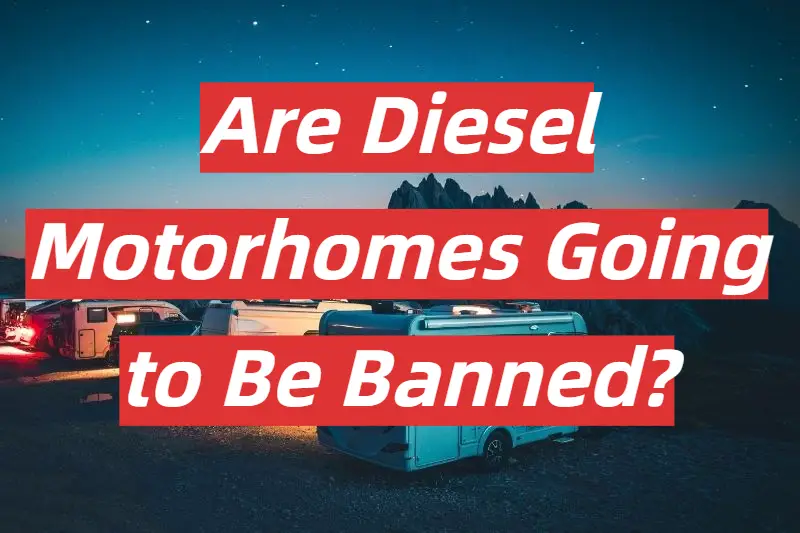




Leave a Reply